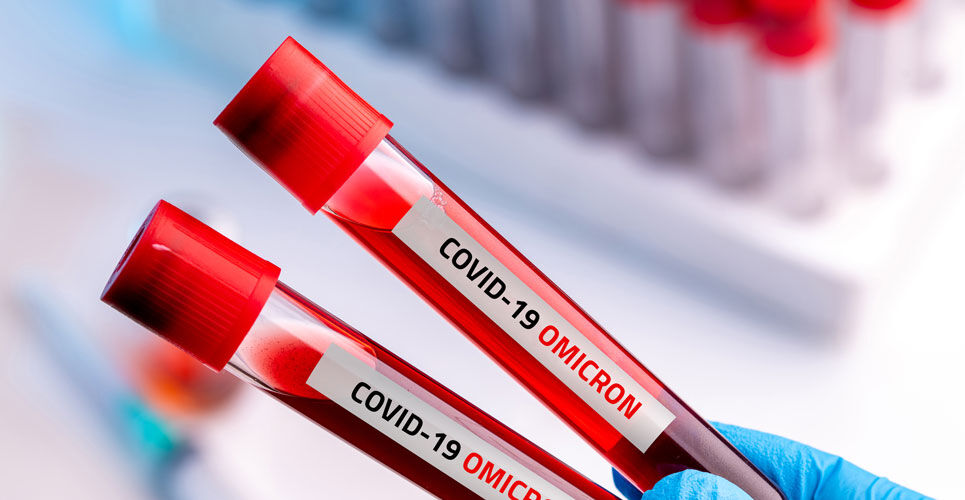Recently identified COVID-19 variants are likely to be able to avoid neutralisation by Evusheld according to a release issued by the FDA
Patient exposure to some recently identified COVID-19 variants pose an increased risk for developing COVID-19 according to a press release by the US food and drug administration (FDA). The release warns that health care professionals should inform patients of this risk and advise those who develop signs or symptoms of COVID-19 to get tested and promptly seek medical attention, including starting treatment for COVID-19, as appropriate if they test positive.
Evusheld consists of a 300mg dose of both tixagevimab and cilgavimab that are administered as two separate, sequential IM injections. According to its summary of product characteristics, the combination is indicated for the pre-exposure prophylaxis of COVID-19 in adults who are not currently infected with the virus and who have not had a known recent exposure to a COVID-19 infected individual infected and who are unlikely to mount an adequate immune response to a COVID-19 vaccination or where vaccination is not recommended. Data from the TACKLE study showed that a single intramuscular tixagevimab-cilgavimab dose provided statistically and clinically significant protection against progression to severe COVID-19 or death compared to placebo in unvaccinated individuals.
Over time as the COVID-19 virus has mutated, several COVID-19 variants have emerged in particular, the omicron variant which has been divided into five distinct sub-lineages: BA.1, BA.2, BA.3, BA.4, and BA.5. A major concern has therefore been whether existing therapies are still capable of neutralising these emerging variants. Thankfully, studies in mice has shown that Evusheld (AZD7442) retains neutralising activity against the Omicron lineage strains BA.1, BA.1.1 and BA.2. However, as more variants emerge, the latest FDA update suggests that certain COVID-19 variants may not be neutralised by monoclonal antibodies such as tixagevimab and cilgavimab (i.e., Evusheld).
COVID-19 variants and neutralisation by Evusheld
The update includes in vitro neutralisation data showing that there is a greater than 1000-fold reduction in susceptibility for the COVID-19 variant BA.4.6 with Evusheld and data from the CDC in the US currently shows that BA4.6 represents 12.8% of the circulating variants of concern.
The FDA press release also adds that ‘the use of Evusheld is not a substitute for COVID-19 vaccination and individuals for whom COVID-19 vaccination is recommended should get vaccinated.’ Despite this the FDA continues to recommend Evusheld as an appropriate option for pre-exposure prophylaxis to prevent COVID-19, in combination with other preventative measures like getting vaccinated and boosted as recommended. This is because Evusheld still offers protection against many of the currently circulating variants and may offer protection against future variants.

